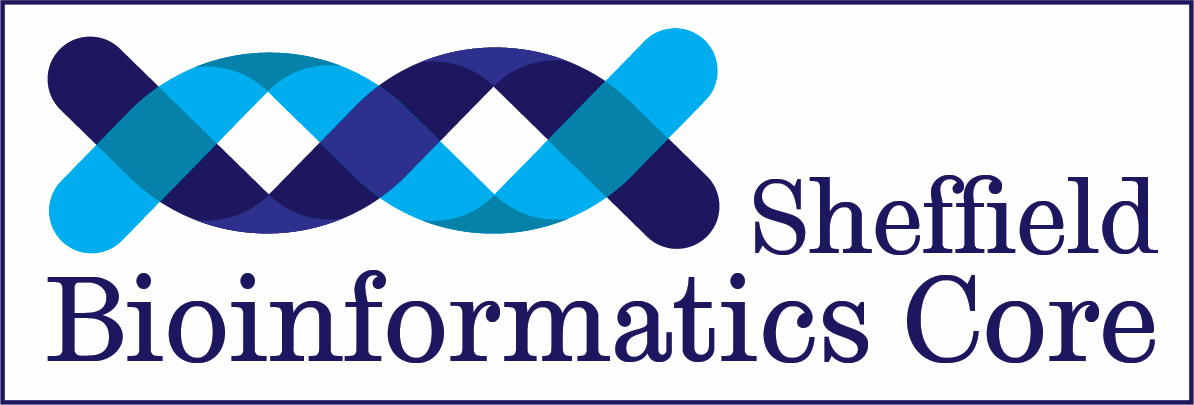Please note that we will provide some pre-recording lecture material (around 1.5 hours) for you to watch before the workshop. The workshop itself will be hands-on; working through exercises and watching demonstrations from the lecturers.
High-throughput RNA-sequencing is now the standard technique for quantifying transcript abundance in a biological sample of interest. In this course we will describe the processes that take place once you submit a library for RNA sequencing, and what data you should expect to receive from the Bioinformatics Core.
We will describe the steps involved to go from sequencing library to a list of genes that show statistically significant differences between your biological conditions of interest. Practical sessions will use the user-friendly Galaxy interface (https://usegalaxy.org/) to demonstrate tasks such as alignment, quality control and assessing differential expression. We will also showcase some web sites you can use for enrichment and pathways analysis.
Please note that the course will not cover the analysis of RNA-seq data using the R programming langugage
Researchers in life sciences who want to get an appreciation for the computational steps involved in RNA-seq analysis, but not neccesarily wishing to execute the pipeline for themselves.
Please download the Integrative Genomics Viewer (IGV) for your operating system using this link and also download the javaGSEA file from http://software.broadinstitute.org/gsea/downloads.jsp (gsea3.0-jar)
For queries relating to collaborating with the Bioinformatics Core team on projects: bioinformatics-core@sheffield.ac.uk
Join our mailing list so as to be notified when we advertise talks and workshops by subscribing to this Google Group. You can also connect with us on Linkedin.
Requests for a Bioinformatics support clinic can be made via the Research Software Engineering (RSE) code clinic system. This is monitored by Bioinformatics Core staff, so we will ensure the appropriate expertise (which may involve individuals from multiple teams) will be available to help you
Queries regarding sequencing and library preparation provision at The University of Sheffield should be directed to the Multi-omics facility in SITraN or the Genomics Laboratory in Biosciences.
